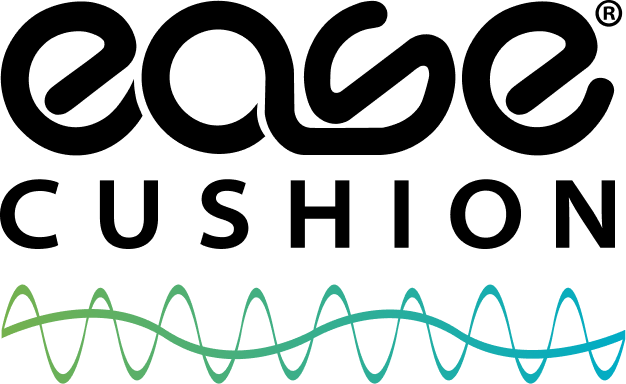How Ease Cushion Redefines Prevention of Pressure Sores: A Comprehensive Guide
 Introduction
Introduction
Pressure sores are a common yet serious issue for individuals with limited mobility, resulting from prolonged periods of pressure on the skin. The Ease Cushion, with its innovative design and technology, is at the forefront of preventing these painful and dangerous sores. This guide will walk you through how the Ease Cushion effectively prevents pressure sores and why it's a superior choice for anyone at risk.
Step 1: Understanding Pressure Sores
Before we dive into how the Ease Cushion works, it's important to understand what pressure sores are and why they occur.
What Are Pressure Sores?
Pressure sores, also known as bedsores or decubitus ulcers, develop when constant pressure on one area of the body restricts blood flow, leading to tissue damage and ulceration. Common areas include the tailbone, heels, elbows, and hips.
Why They Occur:
- Immobility: Not moving for long periods can increase risk.
- Lack of Sensory Perception: Individuals who do not feel pain may not realize they are developing sores.
- Poor Nutrition: Inadequate nutrition can weaken skin and other tissues.
- Medical Conditions: Health issues affecting blood flow can exacerbate the risk.

Step 2: Features of the Ease Cushion that Prevent Pressure Sores
The Ease Cushion uses Horizontal Alternating Pressure Technology (HAPT®) to dynamically adjust pressure and promote blood flow. Here’s how it specifically helps in preventing pressure sores:
- Alternating Pressure: Unlike static cushions, the Ease Cushion continuously shifts pressure across different areas, ensuring no single point bears weight for too long.
- Customizable Settings: Users can adjust the pressure settings according to their specific needs, which is crucial for those who are particularly susceptible to sores.

Step 3: How to Use the Ease Cushion for Optimal Prevention
Using the Ease Cushion correctly is key to maximizing its effectiveness in preventing pressure sores.
Setting Up the Cushion:
- Fit the Cushion: Ensure the cushion fits perfectly on your chair or wheelchair. It should cover all areas that come into contact with the chair to provide comprehensive pressure relief.
- Adjust the Settings: Utilize the Ease Cushion app to personalize the pressure and cycle speed. Start with a moderate setting and adjust as needed for comfort and effectiveness.
Daily Usage Tips:
- Regular Movement: Encourage small movements or repositioning alongside the use of the cushion to further reduce pressure risks.
- Maintenance: Regularly clean and inspect the cushion for any signs of wear or damage to maintain its functionality.
Step 4: Integrating the Ease Cushion into Daily Routines
Incorporating the Ease Cushion into your daily life can significantly enhance comfort and health outcomes. It's suitable for both at-home and clinical settings, making it a versatile addition to any care regimen.
Recommendations for Users:
- Regular Check-ins: Monitor skin condition frequently, especially in high-risk areas, to catch potential sores early.
- Consult Healthcare Professionals: Work with caregivers or healthcare providers to adjust the cushion settings tailored to health changes or preferences.

Conclusion
The Ease Cushion is not just a seat cushion; it's a revolutionary approach to preventing pressure sores. By using advanced technology to ensure dynamic pressure management, it offers a proactive solution to enhance mobility and quality of life for those at risk. Whether at home, in a hospital, or on the go, integrating the Ease Cushion into your care routine can redefine how you manage and prevent pressure sores.
For more detailed guidance on using the Ease Cushion and its benefits, visit [Ease Cushion’s website] or consult with healthcare professionals specialized in mobility and skin care management.

















Leave a comment
All comments are moderated before being published.
This site is protected by hCaptcha and the hCaptcha Privacy Policy and Terms of Service apply.